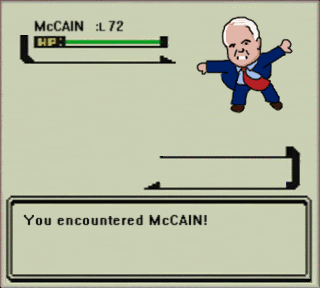What gives?
I hear both parties accusing one another of having socialistic tax 'plans'....
Don't we live in a somewhat Social Democracy?
Public Schools, Public Works, Public Officials, Paying Taxes and now with our government purchasing Private Entities.....Nationalized companies?
I understand the fear of a Socialistic Economy, where the Government has a much bigger interest in creating stringent regulation as well as garnishing some ownership...
I have no quarrels with Capitalism, but can the US, as unique as it is, create it's own 21st century Economic Ideology?
Mixed Economy? or Much Less Government?
I like the idea of a mixed economy, but fear the corruption of lobby groups that already play a commanding role in legislation.
Germany is a mostly Social Market Economy and have created the most powerful Economic powerhouse in Europe.
So what do you think........?
Should US push for more or less regulation?
Please, No Political bickering unless you provide VALID and EARNEST Points to your discussion.
No "Obama wants to Spread the Wealth" or "McCain wants to give millions to the rich"
It will NOT be Tolerated.
This is purely a discussion on the Economic future of this country and a general debate on the appropriate actions needed.
I hear both parties accusing one another of having socialistic tax 'plans'....
Don't we live in a somewhat Social Democracy?
Public Schools, Public Works, Public Officials, Paying Taxes and now with our government purchasing Private Entities.....Nationalized companies?
I understand the fear of a Socialistic Economy, where the Government has a much bigger interest in creating stringent regulation as well as garnishing some ownership...
I have no quarrels with Capitalism, but can the US, as unique as it is, create it's own 21st century Economic Ideology?
Mixed Economy? or Much Less Government?
I like the idea of a mixed economy, but fear the corruption of lobby groups that already play a commanding role in legislation.
Germany is a mostly Social Market Economy and have created the most powerful Economic powerhouse in Europe.
So what do you think........?
Should US push for more or less regulation?
Please, No Political bickering unless you provide VALID and EARNEST Points to your discussion.
No "Obama wants to Spread the Wealth" or "McCain wants to give millions to the rich"
It will NOT be Tolerated.
This is purely a discussion on the Economic future of this country and a general debate on the appropriate actions needed.













Comment